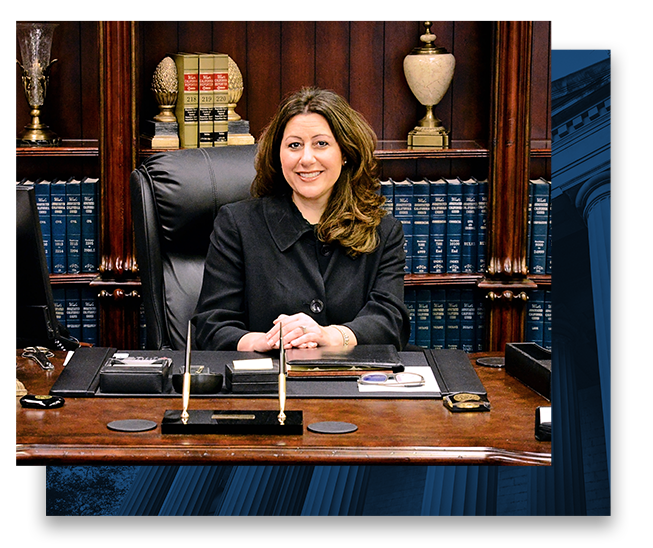
Fresno Child Custody Attorney
An Experienced, Assertive, and Compassionate Lawyer to Protect Your Parent-Child Relationship
Child custody is one of the most emotionally draining legal battles in a divorce. Before an order is made, it is important for you to make sure you understand your options and rights as a parent. As spouses navigate through the divorce process, many parents are concerned about the well-being of their children, how they will adjust during the divorce and transition during this new chapter in their lives. As a concerned parent, you may have an endless list of questions about how the divorce may impact you and your children. Who will the children reside with? How often will you get to spend time with the children? Can the other parent move away? Who will provide transportation between your respective homes and school for the children and who will get them to and from their activities? Our firm understands how important each of these questions are to you and your family, and how your custody orders may impact your daily lives. It is crucial that any custody arrangement you reach focuses on the best interest of your children, while taking into consideration the respective schedules of each parent. Whether you and the other parent are on good terms and are able to successfully co-parent with one another or are adversarial, Jelladian Buchner Law, APC will handle your custody issues with care and attention, prioritizing your needs while acting as a zealous advocate on your behalf.
Let Jelladian Buchner Law, APC advocate for you and your parent-child relationship. Schedule a consultation with Jelladian Buchner Law, APC to learn more.
Physical and Legal Custody
There are two main custody options for California parents – physical custody and legal custody. Physical custody refers to who the child will reside with, and legal custody refers to a parent’s legal authority to make certain decisions on behalf of the child, such as healthcare and education.
Courts can order sole custody (sole physical and/or sole legal), in which only one parent is entitled to those custody rights, or they may order joint custody (joint physical and/or joint legal), where both parents share the custodial responsibility. For example, one parent might have sole physical custody and share joint legal custody with the other parent.
Best Interests of the Child
When deciding on a custody arrangement, the court will primarily examine what is in the child’s best interests. These factors could include:
- the age of the child;
- the health of the child;
- the emotional ties between the parents and the child;
- the ability of the parents to care for the child;
- any history of family violence or substance abuse; and
- the child’s ties to school, home, and their community.
Visitation Arrangements
When the court awards one parent sole physical custody, the noncustodial parent will likely be entitled to visitation (time-share), or some amount of parenting time with the child. Visitation schedules should include pick-up and drop-off times and locations. Parents can arrange their own schedule for the court to approve based on the child’s best interests, or the court may issue an order if the parents cannot agree.
Visitation orders will vary depending on the best interests of the child, the situation of the parents, and other factors. Common visitation options include:
- Visitation according to a schedule – parents and courts will come up with a visitation schedule detailing the dates and times that the children will be with each parent; schedules can include holidays, special occasions (birthdays, Mother’s Day, Father’s Day), and vacations.
- Reasonable visitation – these orders are more open-ended and allow the parents to work it out between them; this works if parents get along very well and can be flexible and communicate well with one another.
- Supervised visitation – this is used when the children’s safety and wellbeing require that visits with the other parent be supervised by another adult (including the custodial parent) or a professional agency, often in cases where a child and a parent need time to become more familiar with each other or the parent has a history of substance abuse.
- No visitation – this option is used when visiting with the parent, even with supervision, would be physically or emotionally harmful to the children, so it is best for the children not to have any contact with the parent.
If you are currently involved in a custody dispute or you anticipate filing a request to establish custody orders in the near future, do not hesitate to contact Jelladian Buchner Law, APC for legal assistance. We can discuss your goals and interests with you to strategize and work towards obtaining a favorable custody arrangement and order.
Contact our firm online for a consultation to discuss your legal options in your custody case today.

Our Winning Strategy
- Honest
- Straightforward
- Zealous
- Caring

Types Of Family Law Cases We Handle
Contact Attorney Cristina Jelladian-Buchner


